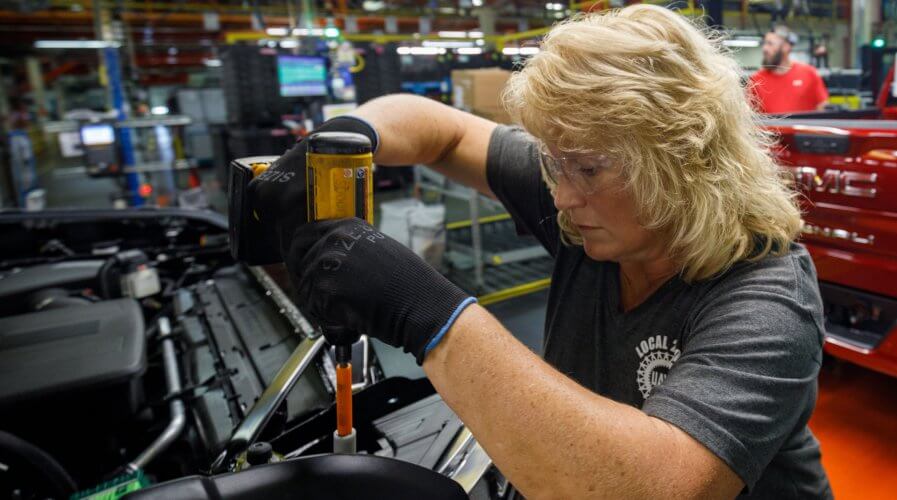
Supply chain intelligence is key to transforming businesses. Source: Shutterstock
Here’s why investing in supply chain intelligence is a smart move
ORGANIZATIONS believe that technology will disrupt their supply chains, which is why they invest in technologies such as artificial intelligence, the internet of things (IoT), and even 5G.
However, how much of it really moves the needle in terms of customer experience and satisfaction? In most cases, the impact on customers — and hence, on revenues — is minimal.
IoT, 5G, and AI together help the organization optimize the business, reduce costs, and streamline processes to build smarter and better operational models.
Some sophisticated organizations even use cutting-edge technologies to build digital twins to ensure factories run optimally and deliver the best possible result in terms of quality and cost.
A recent Bain study surveyed supply chain professionals in the consumer products industry, 88 percent of whom said they expect their supply chain and operations activities to feel the impact of digital technologies in the next five years.
To delight customers, however, businesses need to leverage data to build intelligent supply chains; models that capitalize on data, predict their needs, and ensure access to products at the right time and in the right place.
In another Bain study, more than 20 percent of customers surveyed said they could not find the company’s branded products in shops because items were out of stock — which causes frustration and is a scenario that most businesses want to avoid.
Building an intelligent supply chain is definitely the best long-term solution for organizations looking to delight customers and build a reputation for excellence.
What does an intelligent supply chain look like?
Theoretically, it’s easy to suggest to companies that they should build an intelligent supply chain. However, it’s obviously easier said than done.
Companies that are best suited to build an intelligent supply chain are the ones that are already collecting data from various parts of their business, including their retail or customer network.
For such businesses, an intelligent supply chain starts with mapping the right data, building various models using artificial intelligence and machine learning to predict what suppliers, transporters, and customers will need, and then using all the insights to help managers make better decisions.
For those that aren’t collecting enough data, the starting point, of course, is to conduct a data audit, find the missing pieces in their data puzzle, and get started with collecting the data they need to help their business thrive.
Overall, what’s important to keep in mind is that businesses need more intelligence in the hands of managers — and the data they collect is able to provide it all.
Investing in the right tools, especially those that delight customers and impact revenues right from the start, are definitely a big win for most organizations.
READ MORE
- The criticality of endpoint management in cybersecurity and operations
- Ethical AI: The renewed importance of safeguarding data and customer privacy in Generative AI applications
- How Japan balances AI-driven opportunities with cybersecurity needs
- Deploying SASE: Benchmarking your approach
- Insurance everywhere all at once: the digital transformation of the APAC insurance industry


